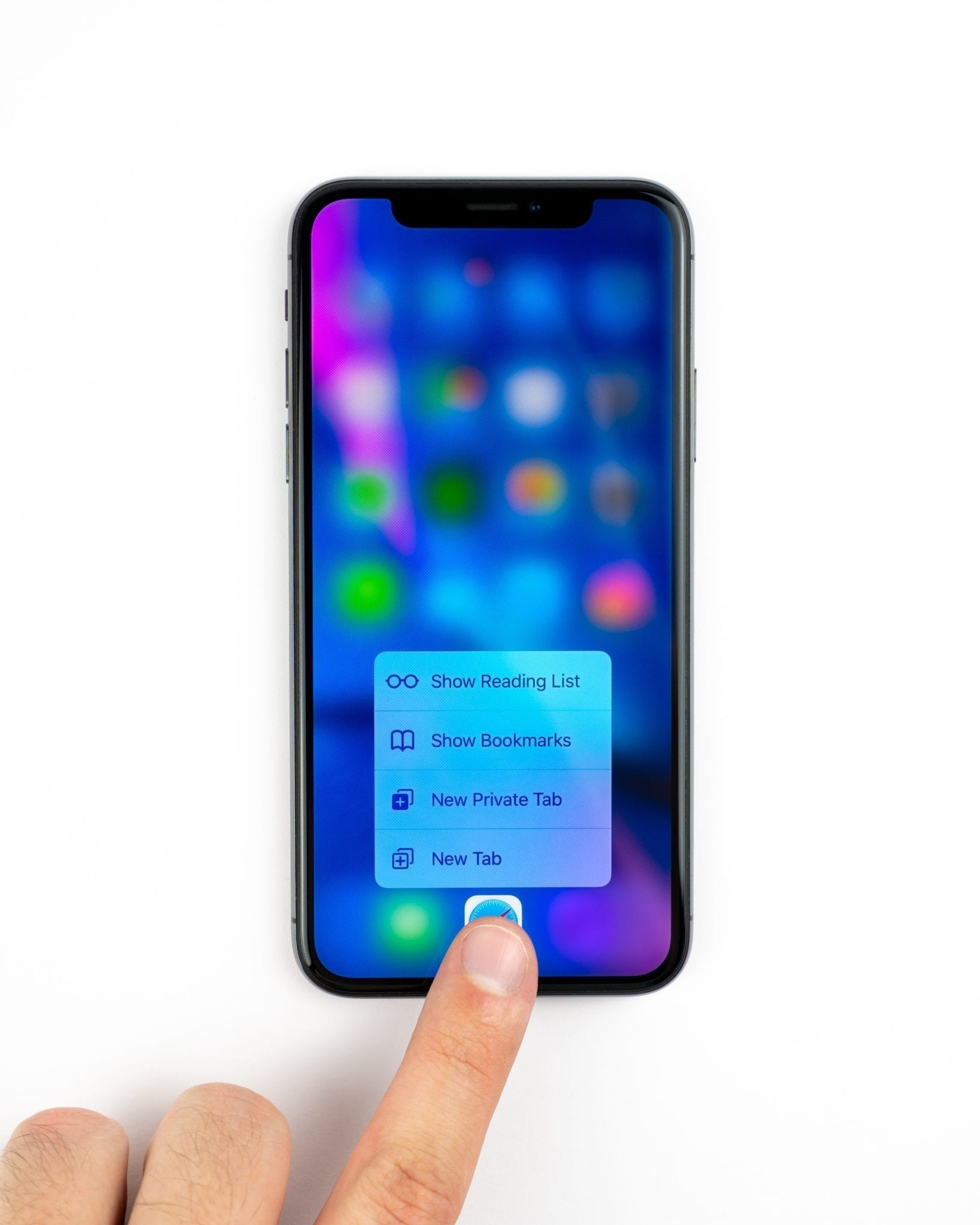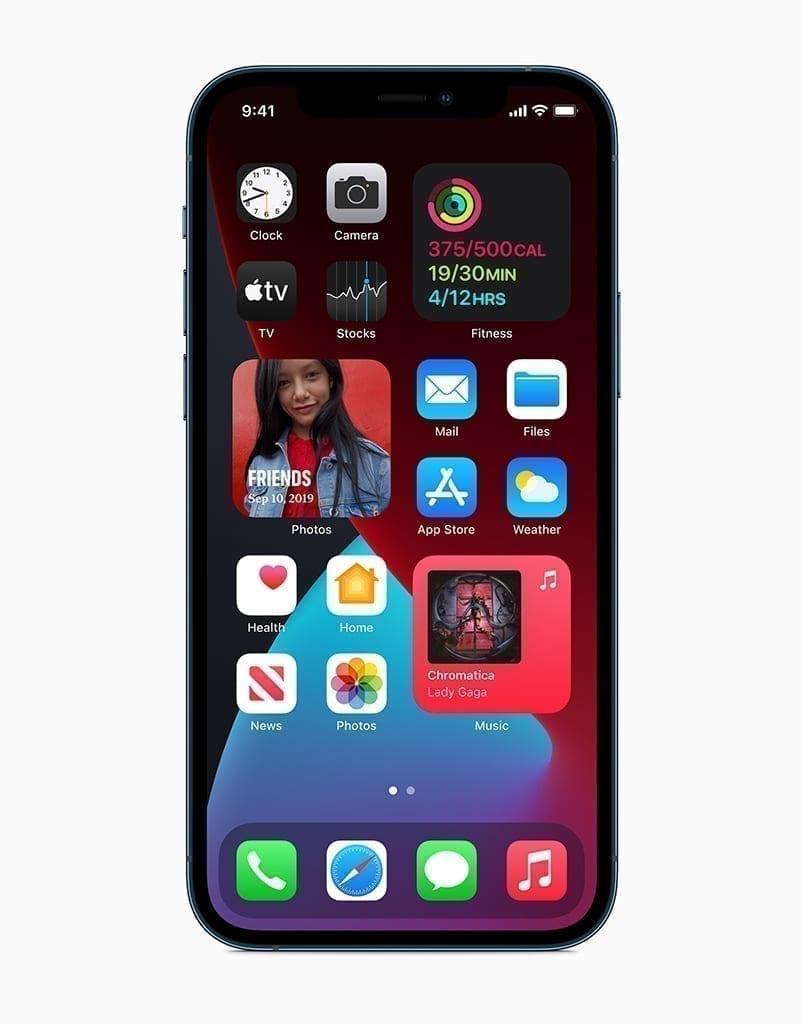Creating a mobile app or responsive website that encompasses all consumer and client requirements is extremely important. A product that doesn’t fulfill the customer needs might as well have never been built. But beyond just meeting the business requirements, the app also needs to function as intended on different devices and different OS’s. End-to-end mobile app testing involves both iterative and repetitive testing, increasing the likelihood that the app will perform as required when released to the public.
Testing Types
There are several types of tests for mobile applications or responsive websites. While not all apps require all such tests, a basic functionality and compatibility sweep is essential prior to any release.
- Functionality Testing: Functionality testing ensures that the app is working in accord with the business requirements. This includes making sure that links are executing properly and users can both submit data to and obtain information from the app. Proper functionality testing also includes testing of edge case situations. For example, users may try to run the app during low battery or memory, or poor or changing WiFi conditions.
- Compatibility Testing: This form of testing verifies the functionality and performance of an application or website on different mobile device platforms. Tablets can behave differently than phones, iOS devices can show different results than Androids, and the various OS and browser variations can factor in as well. To truly test if your website or app is fully compatible, it should be tested on a wide range of platforms prior to release.
- Usability Testing: Usability testing focuses on the overall UX experience. Is it easy to use and consumer-friendly? If not, then the app won’t be widely used and therefore not commercially viable.
- Security Testing: Security testing involves verifying that data is secure within the app and that there are no vulnerabilities that could lead to a breach of privacy or data loss.
- Load Testing: Load testing determines whether the server-side back-end can handle high user traffic. It tests metrics like transaction errors, response times, server/network use and the like.
Why Use iBeta for Mobile App Testing
In-house dev teams have enough on their plates. Aside from the fact that most developers don’t have access to hundreds of actual mobile devices, they often don’t have the time or resources to properly and efficiently perform mobile app testing. iBeta teams can test everything from the user experience to the functionality of your app. We use physical devices – not emulators – to run our tests.
Contact us to learn more about our mobile application testing services.


